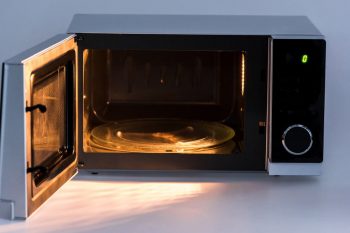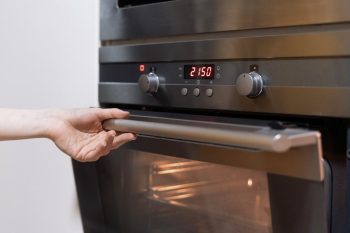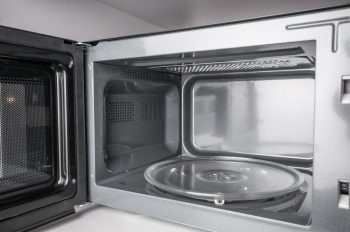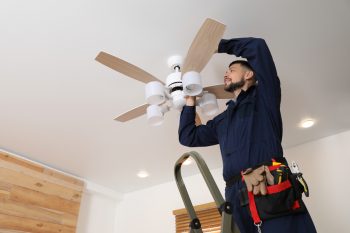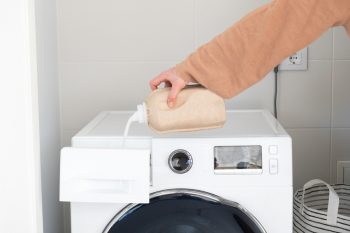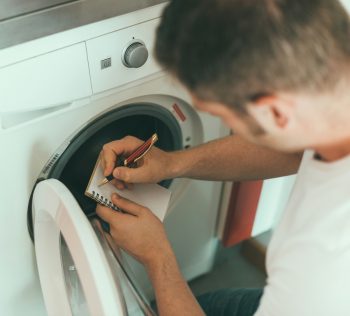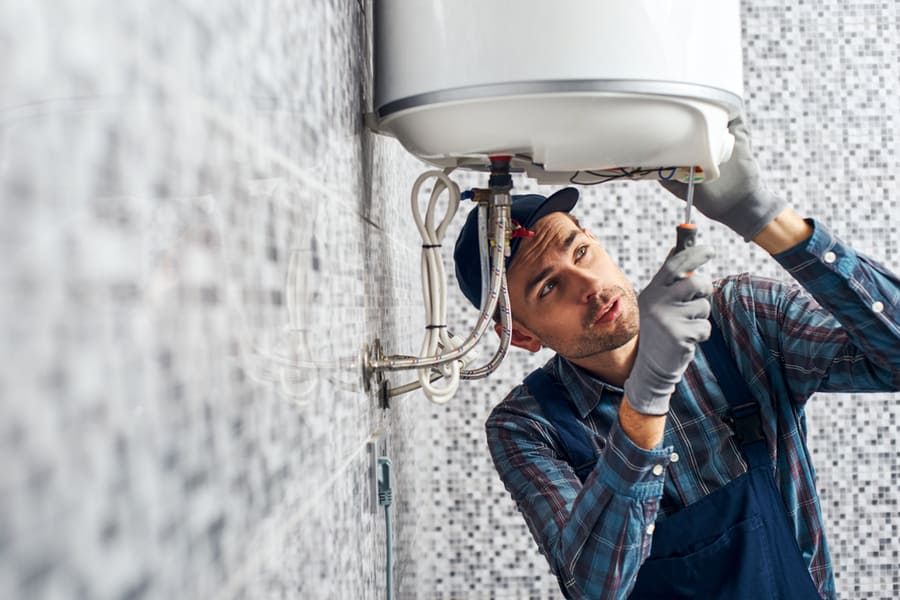
Water heaters are your best friends for the cold weather, especially if you live in a place with a freezing climate. But, even if you live in a place with moderate temperatures, you too must love hot showers.
Therefore, hot water is a daily essential for most of us. So, it is crucial to understand why our water heaters shut down sometimes due to high temperatures.
However, you have nothing to worry about; we will explore the common causes of this issue and provide you with the information you need to help resolve the problem.
Whether you are a homeowner, landlord, or just someone who wants to understand more about the topic, this article is for you, so sit back and let’s get started!
A water heater is an important appliance in every household. It provides you with warm water for your daily use. Sometimes, water heaters can experience a high-temperature shutdown.
That is to say, it can happen due to many reasons, but a few common ones are listed below:
- Thermostat malfunction
- Overheating
- Failure of temperature and pressure relief valve
- Wiring problems
- Mineral buildup
- Clogged vents
- Maintenance problems
If your water heater is facing high-temperature shutdowns, check for one of these reasons and fix the problem as soon as possible.
Avoid delaying any repairs or fixes because it may permanently damage your appliance.
This article will explore why your water heater’s high-temperature shutdowns and how you can resolve these issues. You also get to learn some useful tips about maintaining your water heater and preventing a high-temperature shutdown in the first place.
7 Reasons for Water Heater High-Temperature Shut Down
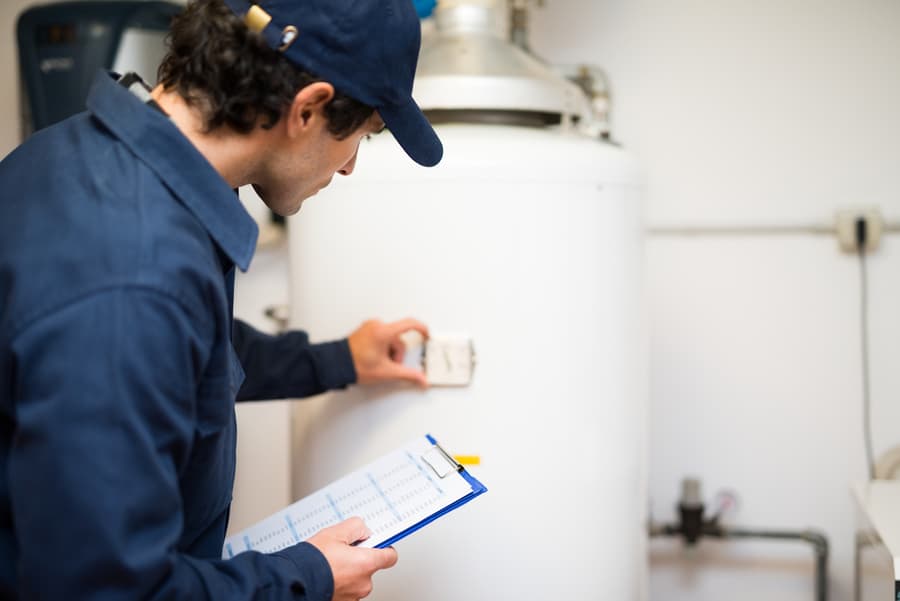
A water heater is an essential appliance in every household, and its high-temperature shutdown is a safety mechanism designed to prevent overheating.
This feature of the water heater protects both the apparatus and the home.
Understanding the causes of high-temperature shutdowns can help homeowners troubleshoot and resolve the issue, ensuring their water heater continues to operate efficiently and safely.
1. Thermostat Issue
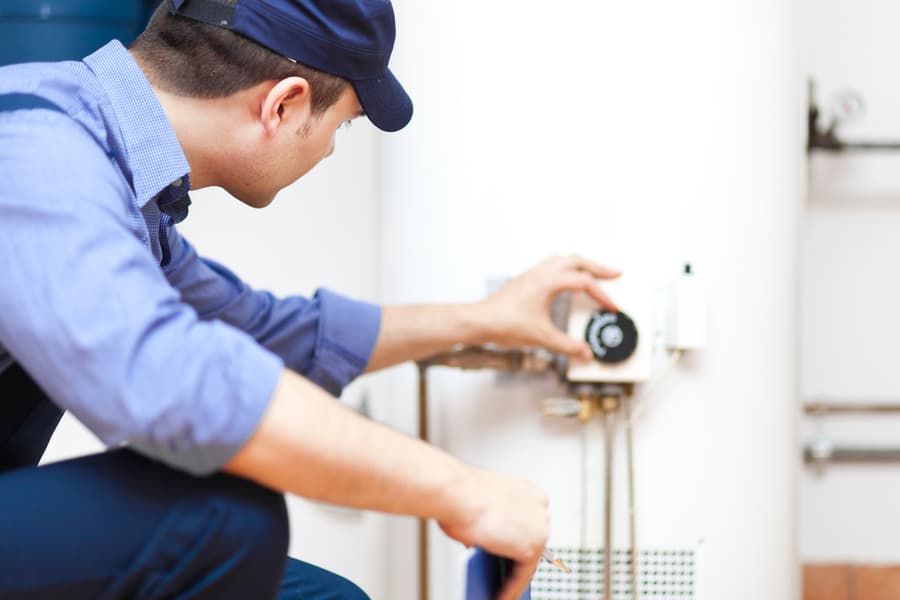
A faulty thermostat is one of the most common reasons water heaters shut down due to high temperatures. The thermostat is responsible for regulating the temperature of the water in the tank.
It is typically a knob on the heater that you can turn to control the temperature or two buttons (one for increasing the temperature and the other for decreasing it).
Moreover, if the thermostat is not working correctly, it may cause the heater to shut down. A thermostat stuck in the “on” position will result in too hot water, leading to a shutdown.
Furthermore, a thermostat that is not calibrated correctly may also cause the same issue because the heater will heat water to a temperature higher than what you set.
2. Overheating
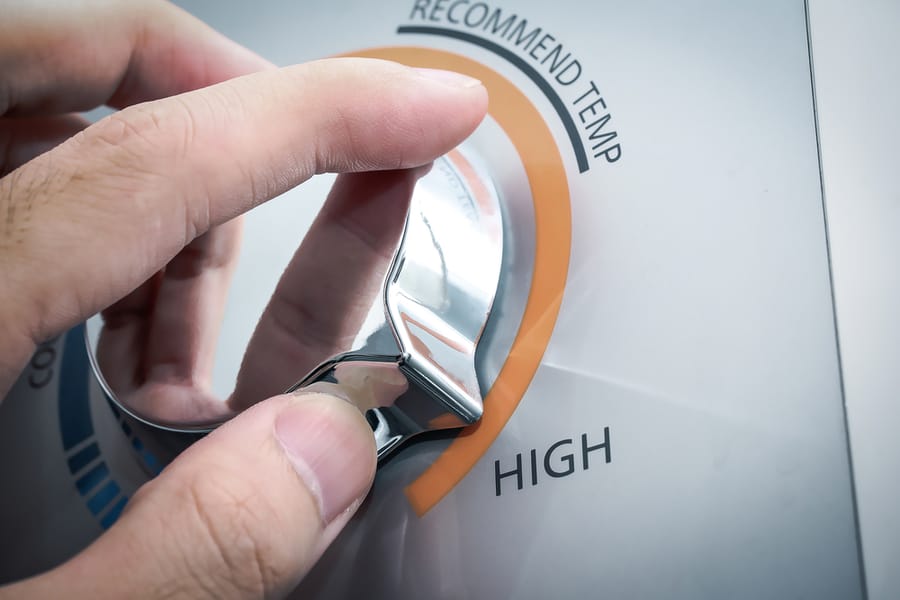
Moving forward, overheating is another reason for water heaters to shut down due to high temperatures.
This can be caused by several factors, including a malfunctioning heating element, a clogged air vent, or an insufficient supply of cold water to the tank.
Overheating can cause the safety valve to activate and shut down the heater, preventing damage to the tank and other components.
3. Failure of the Pressure-Relief Valve
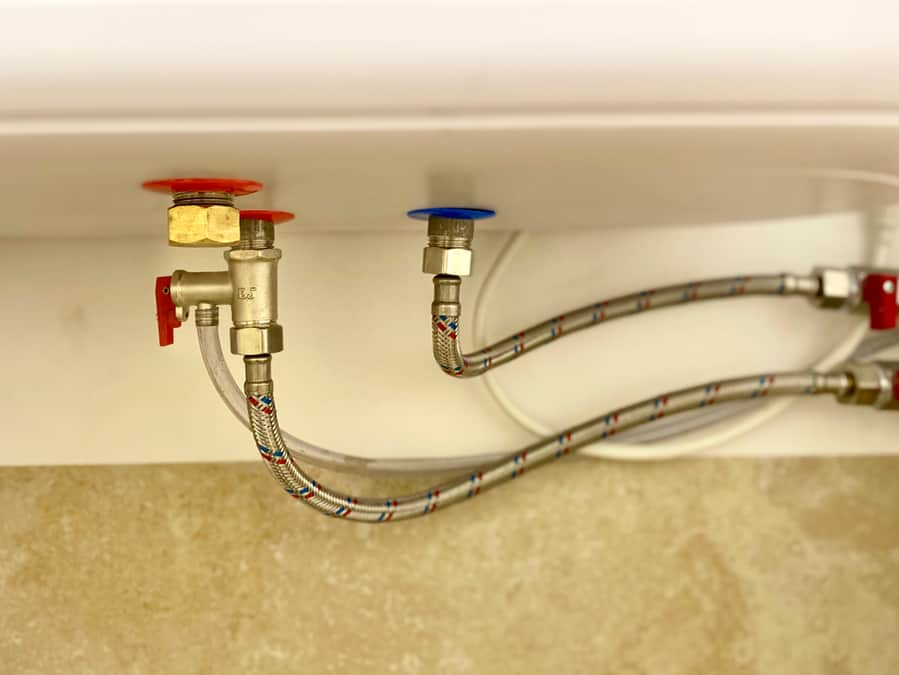
The pressure-relief valve is a safety feature created to prevent the water heater from overheating and rupturing.
If the pressure-relief valve fails to function, it may not release the excess pressure, causing the water heater to shut down due to high temperature.
This is a serious issue and should be addressed immediately. If left unattended, it can permanently damage your water heater, and you will have to resort to costly repairs and replacements.
4. Insufficient Maintenance
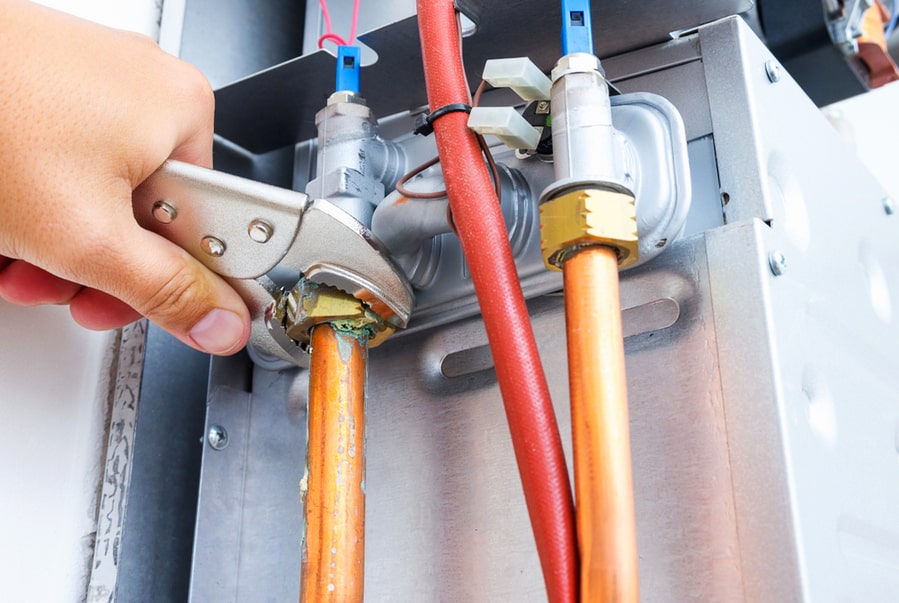
Lack of maintenance can cause any electrical appliance to shut down. If you have not taken any action regarding maintaining your water heater, it can cause the water heater to shut down.
If your water heater tank has any buildup of dirt, grime, or mineral, it can cause the water heater’s heating components to overheat. This can lead to a shutdown.
On the other hand, regular maintenance, such as flushing the tank or cleaning the vent, can prevent this issue from emerging.
5. Wiring Issues
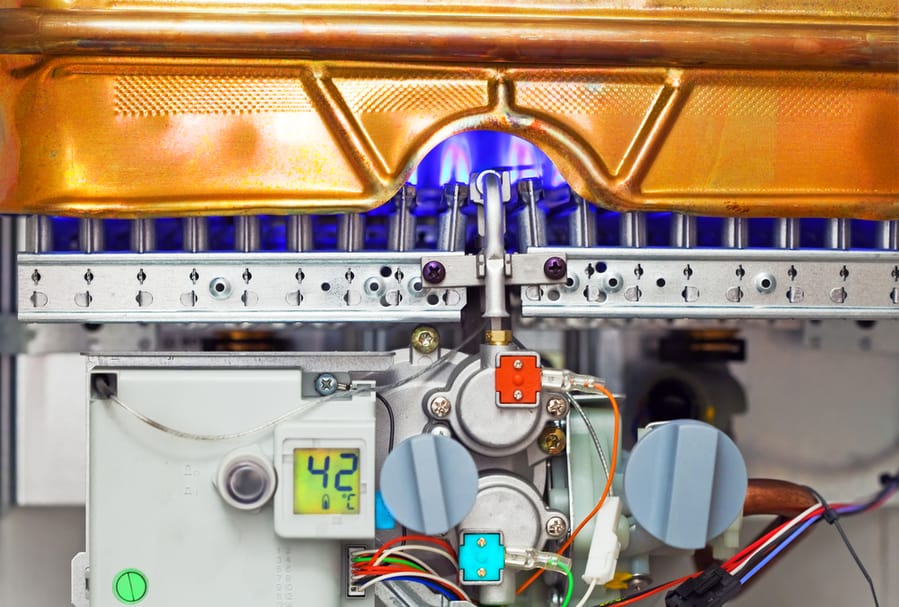
Another cause of high-temperature shutdowns is a problem with the wiring. If the wiring is frayed or damaged, it can cause a short circuit and trigger a shutdown.
If you are facing wiring problems, you should have a licensed electrician inspect and repair the wiring if necessary.
Suppose you are experienced enough to detach and reattach the wiring. You should pull out the ignition wire and remove the connector attached to the two terminal temperature sensors.
After that, unscrew the screws on the cover and pull them by removing the plastic holders. Find the faulty wiring, repair or replace it and retrace your steps till you have reconnected all the wiring correctly.
6. Mineral Buildup
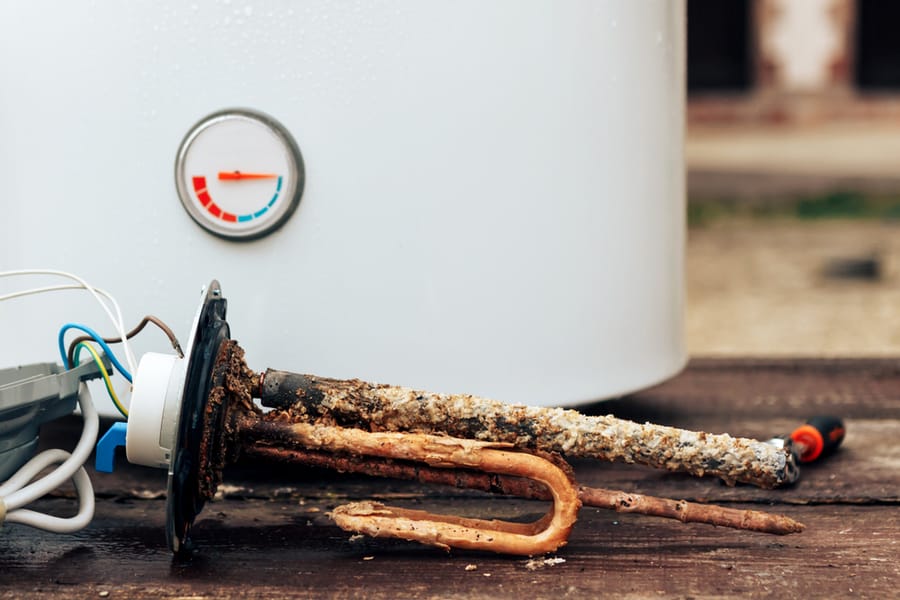
Over time, minerals can build up inside the water heater, reducing its efficiency and causing it to shut down. This is especially common in areas with hard water because hard water has a high concentration of minerals.
This do toes want means soft water can never cause any mineral buildup inside the water heater. To prevent mineral buildup, homeowners should have their water heater flushed regularly or consider installing a water softener.
You can also hire a professional to clean up the mineral buildup inside your water heater.
7. Clogged Vent
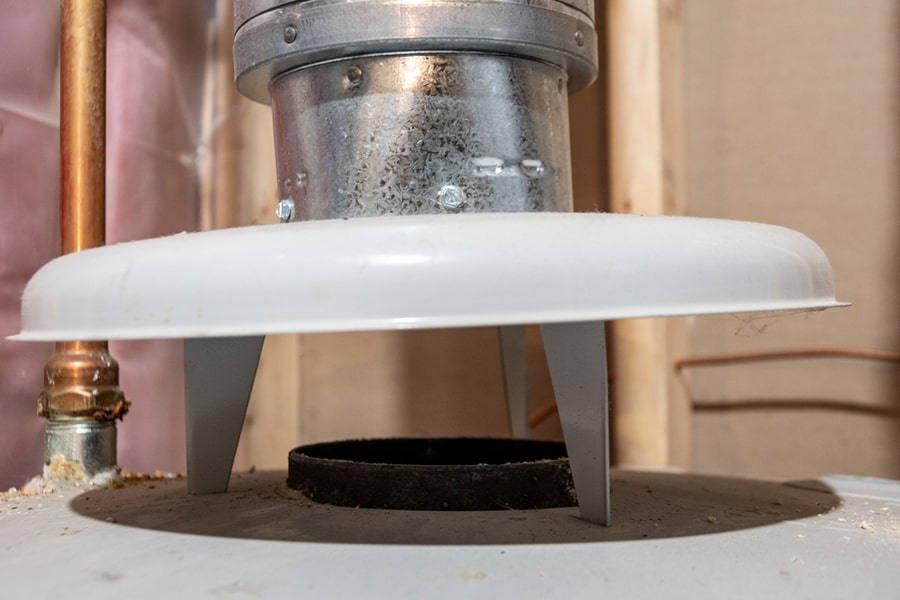
A clogged or blocked vent can hinder the airflow and cause the water heater to overheat. If you suspect that your water heater vent is clogged, you must get it checked by a professional.
Trying to fix a clogged vent yourself can be hazardous, especially if you do not have prior experience handling water heaters.
Tips for Preventing High-Temperature Shutdowns in Water Heaters
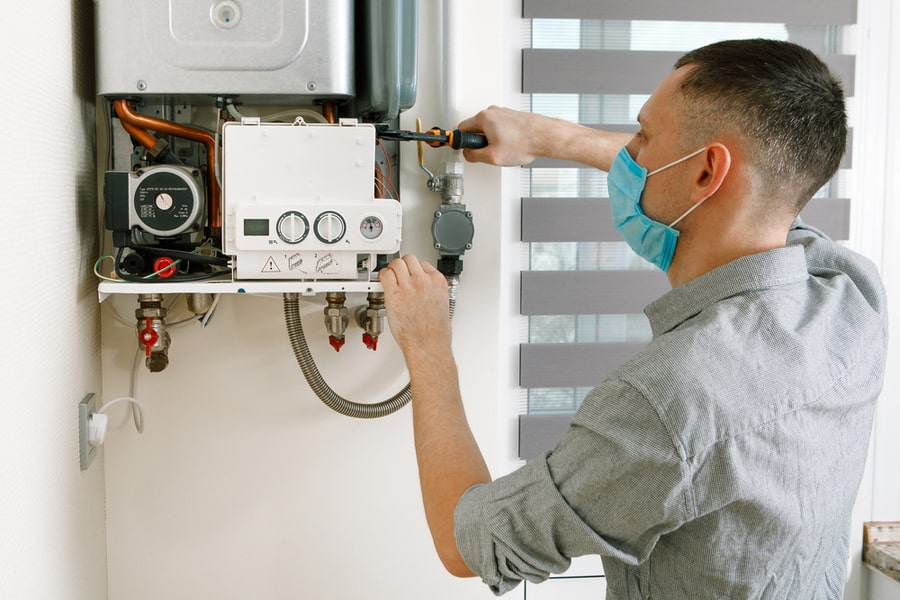
- Maintain Proper Water Pressure: Ensure that the water pressure in the heater does not exceed the manufacturer’s recommended limit, as high pressure can cause the temperature to rise and trigger a shutdown.
- Monitor Water Temperature Regularly: Regularly check the temperature of the water in the heater and adjust it if necessary to prevent overheating.
- Flush the Tank Regularly: Sediments and minerals can accumulate in the tank over time, leading to overheating. Regular flashing can help remove these buildups and maintain the heater’s efficiency.
- Keep the Heating Element Clean: Dirt and debris can accumulate on the heating element over time, reducing its efficiency. Regular cleaning can help prevent this and ensure the heater operates at its maximum capacity.
- Insulate the Tank: Insulating the tank can help keep the water temperature stable and reduce the risk of overheating.
- Replace or Repair Faulty Thermostat: If the thermostat is not working properly, it may cause the temperature to rise and trigger a shutdown. Replacing or repairing the faulty thermostat can prevent this from happening.
- Schedule Regular Maintenance: Regular maintenance by a professional can help identify and fix potential problems before they can lead to anything serious.
- Use the Correct Size of Heater for Your Needs: An oversized heater can cause the water temperature to rise and trigger a shutdown. Ensure that the heater is the correct size for your needs to prevent this from happening.
- Clean up the Air Vent Regularly: Dirt and debris can sometimes block the air vent of the water heater. Be sure to check for any buildup and clean it occasionally.
Conclusion
If you want to keep enjoying the hot water while taking a bath, you must resolve these high-temperature shutdowns of your water heater. High-temperature shutdowns can be caused by a variety of issues.
For instance, thermostat malfunction, temperature or pressure relief valve malfunction, mineral buildup, blocked vents, wiring issues, etc. Therefore, it is essential to understand the reasons for it so you can fix these issues as soon as possible.
In other words, this will keep you and your family safe from hazardous situations and maintain the integrity of your appliance.
Regular maintenance and inspections can also help prevent high-temperature shutdowns and extend the appliance’s lifespan.
Frequently Asked Questions
How Can I Prevent My Water Heater From Overheating?
There are many ways to prevent a water heater from overheating:
- You can start by keeping a close check on the temperature settings. Be sure not to set the temperature higher than 120 degrees Fahrenheit.
- If you are using an older water heater, hire a professional to inspect it for any corrosion or blockage which may be causing it to overheat.
- Call a professional and have him examine the issue if you detect strange noises coming from a water heater or feel it takes longer than usual to warm up the water.
How Will I Know if My Water Heater Thermostat Is Faulty?
Detecting a faulty thermostat is an easy task. If you have turned on your water heater and, after some time, the water is still cold, it means that your thermostat is impaired.
You can consult a professional plumber for a fix or replace your thermostat with a new one. It is advised to replace the faulty thermostat in most cases.
Why Does My Water Heater Not Have a Reset Button?
Every water heater has a reset button. Some of the models have been designed to keep the reset button hidden. You may need to look closely at the water heater and check for any removable panels.
The reset must be hidden behind a removable panel.

